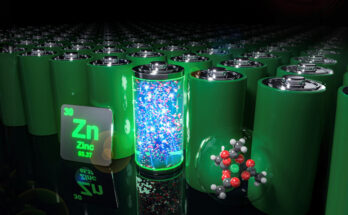STOCKHOLM: On Tuesday, three scientists belongs to UK won Nobel Prize in Physics for year 2016, revealing unusual states of matter, leading to advances in electronics and development on future quantum computers.
Duncan Haldane, Michael Kosterlitz and David Thouless all of them now work at US universities, they will share prize for their discoveries on abrupt changes in the properties, or phases, of ultrathin materials such as superconductors, superfluids or thin magnetic films.
Their research centres on topology, a branch of mathematics involving step-wise changes like making a series of holes in an object.
The research in the early 1970s, Kosterlitz and Thouless verified that superconductivity may occur at low temperatures and they also elaborate the concept phase transition, that allows superconductivity disappear at higher temperatures,” the panel found.
Thouless in 1980 found that conductivity of electricity could be measure in the integer but it should be topological in their nature.
Haldane discovered by the time how topology could be used to understand the properties of chains of small magnets found in some materials.
The committe said, “We are now aware of many phases of topology, in thin layers and threads but even in ordinary three-dimensional materials,”
The Royal Swedish Academy of Sciences said, on the time of awarding the 8 million Swedish crown ($937,000) prize to the trio, “Thanks to revolutionary work and lets wish for new unusual phase of the matter.” “People are hopeful for future application in the materials science and electronics.”
Thouless got award with half amount and remaining half was divided between Haldane and Kosterlitz. A 65-year-old Haldane said, “People are getting more curious about in the topological effects in quantum mechanics, it’s very interesting subject.”
Thors Hans Hansson and Stockholm are member of the Nobel physics committee explain the concept of topology, with the help of a pretzel, bagel and cinnamon bun in news conference at Stockholm.
The concept is focus on the holes where pretzel has two, the bagel has one, and the bun has none.
He state, “Shape, deformation and taste of the things can change continuously but the number of holes -something that we call the topological invariant -can only change by integers, like 1, 2, 3, 0,”
Kosterlitz and Thouless carried out their initial work at the University of Birmingham, Where Andy Schofield, working as a professor of theoretical physics said, new concept of the topology hopeful in computing.
He asserts, ‘Insulator doesn’t carry current but force to carry current at the surface.’
“That’s a very robust state, which gives a stability that is essential to quantum computing.” There had been assumption this year’s prize might be awarded for the first detection of gravitational waves.


